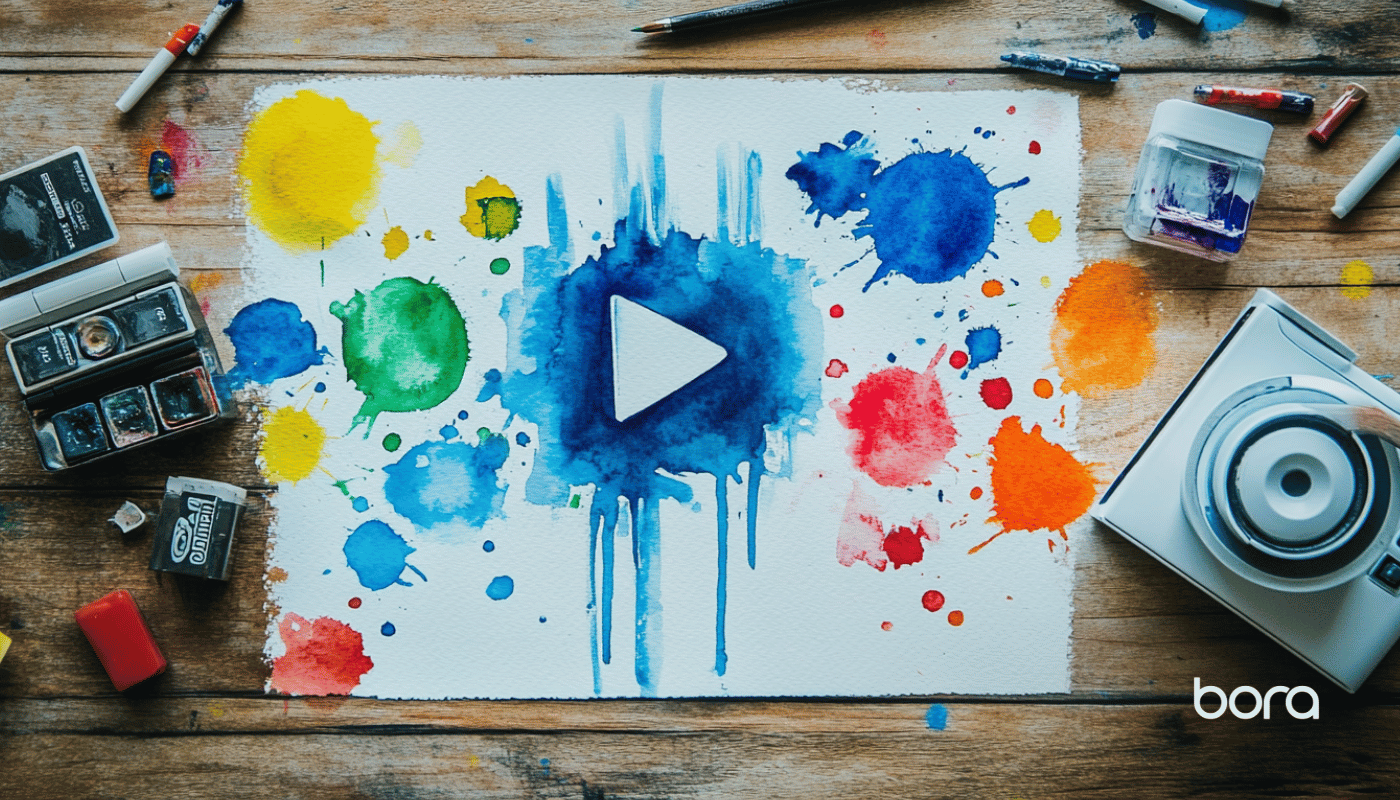In November 2022, OpenAI launched a new large language model-based chatbot called ChatGPT. It transformed our perception of artificial intelligence (AI) overnight. Pre-ChatGPT, AI was, at best, a distant pipe dream and, at worst, a tired sci-fi trope. Today, it is a wildly exciting but deeply concerning reality.
While ChatGPT and other AI models undoubtedly have the potential to transform the way we live and work for the better, for many people, it represents a threat to their livelihoods. A few months after ChatGPT’s release, Henry Williams, a freelance copywriter from London, drove this reality home in his Guardian column, aptly titled: “I’m a copywriter. I’m pretty sure artificial intelligence is going to take my job.” The article struck a chord with those in the content creation community, taking social media by storm and voicing many of the concerns Williams’ peers had been having since its release.
Williams’ article concluded that content creators must learn to work with ChatGPT, refining computer-generated content with their unique, human touch. But more than six months later, how we achieve that is still unclear.
This article will explore the arguments for and against using ChatGPT in your content creation strategy and, if you choose, how to use it responsibly, ethically, and legally.
Why you shouldn’t use ChatGPT in your content creation strategy
There are many reasons why you should refrain from using ChatGPT in your content creation strategy. Arguably the most convincing of all is that it brings potential legal ramifications. Chatbots such as ChatGPT create responses by scraping the internet for information and collating it into a readable, logical format. As such, ChatGPT’s responses are essentially plagiarized. In July 2023, two authors sued OpenAI for allegedly “ingesting” their work. Earlier this year, Getty Images sued Stability AI, an image-processing AI, for using Getty’s intellectual property to train their AI model. Neither case has concluded, leaving an unsettling number of questions unanswered and content creators who lift copy directly from ChatGPT on shaky legal ground.
There are also significant problems with inaccuracies. If you read any other articles on ChatGPT, you most likely have come across the phrase “garbage in, garbage out.” This idea is basically accurate; if you provide ChatGPT with an inadequate prompt, you’ll get an inadequate response. But the real problem is that this early on, we still don’t know what constitutes a “good” prompt, meaning using ChatGPT alone for research purposes could result in significant inaccuracies.
Why you should use ChatGPT in your content creation strategy
The most obvious benefit of using ChatGPT in your content creation strategy is that it can save an extraordinary amount of time. In a marketing landscape that demands organizations produce vast amounts of content to remain competitive, the productivity benefits ChatGPT affords could be the difference between languishing in the murky depths of SEO rankings and standing out in an increasingly saturated content market.
Similarly, using ChatGPT has the potential to save significant sums of money. Whether you use an in-house team or a marketing agency to implement your content creation strategy, it can significantly reduce the size of your workforce and marketing budget.
ChatGPT is also a valuable tool for coming up with ideas. As we have already established, content creators today churn out a staggering amount of work, making writer’s block a genuine problem. ChatGPT can generate hundreds of ideas in a matter of seconds; even if most of them aren’t very good, the few that are, are enough to spark inspiration.
But the most persuasive argument for using ChatGPT is that if you don’t, you risk falling behind. While debate still rages about its actual abilities, generative AI models are here to stay, and people use them. Failing to use ChatGPT while others master it can only end in disaster. Even if you don’t actively use it in your content creation strategy, you should, at the very least, learn how to use it effectively.
How to use ChatGPT responsibly, ethically, and legally
Using ChatGPT responsibly, ethically, and legally is crucial to ensure we use the technology positively and constructively. Here are some guidelines to follow:
- Avoid Misinformation: Ensure that the content generated by ChatGPT is accurate and factually correct. Do not spread false or misleading information.
- Disclose AI Involvement: When sharing content generated by ChatGPT, make it clear that it was created with the help of AI. Transparency builds trust with your audience and prevents potential confusion.
- Review and Edit: Always review and edit the content generated by ChatGPT before publishing; this helps correct any errors, improve readability, and align the content with your intended message and tone.
- Respect Copyright and Plagiarism: Do not use ChatGPT to generate content that infringes copyright or plagiarizes existing work. Make sure the content is original or properly attributed if it includes external sources.
- Sensitive and Controversial Topics: Exercise caution when generating content related to sensitive or controversial topics. Avoid promoting hate speech, discrimination, or any content that could harm individuals or groups.
- Privacy Considerations: Avoid sharing personal or sensitive information when using ChatGPT, especially in public settings. The AI may not fully understand the implications of sharing private details.
The advent of OpenAI’s ChatGPT has ignited excitement and apprehension in the content creation community. Its potential to revolutionize productivity and inspire creativity is undeniable, yet concerns over legality, accuracy, and ethical usage persist. The evolving landscape demands a balanced approach.
While ChatGPT’s time-saving capabilities and cost efficiency are enticing, content creators must address the ethical and legal implications head-on. Transparency in AI assistance is paramount, as is meticulous fact-checking to curb misinformation. Upholding copyright, respecting privacy, and avoiding bias should be non-negotiable principles.
Ultimately, embracing ChatGPT within content creation strategies necessitates an ongoing commitment to ethical, responsible, and lawful practices. As this journey continues, the collaboration between human ingenuity and AI innovation holds the potential to redefine content creation in ways that resonate positively with audiences while upholding ethical standards and legal obligations.
If you enjoyed reading this blog, be sure to check out The AI Revolution in Cybersecurity: Transforming the Landscape.





